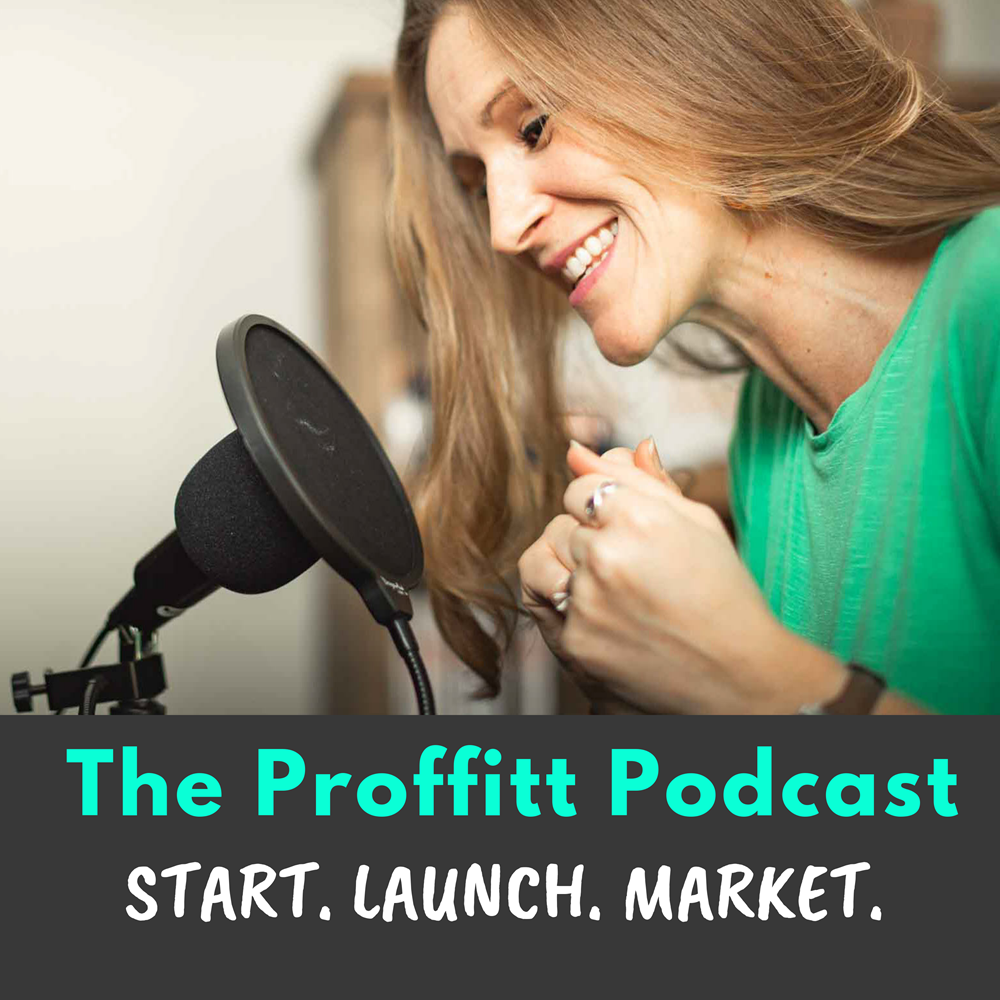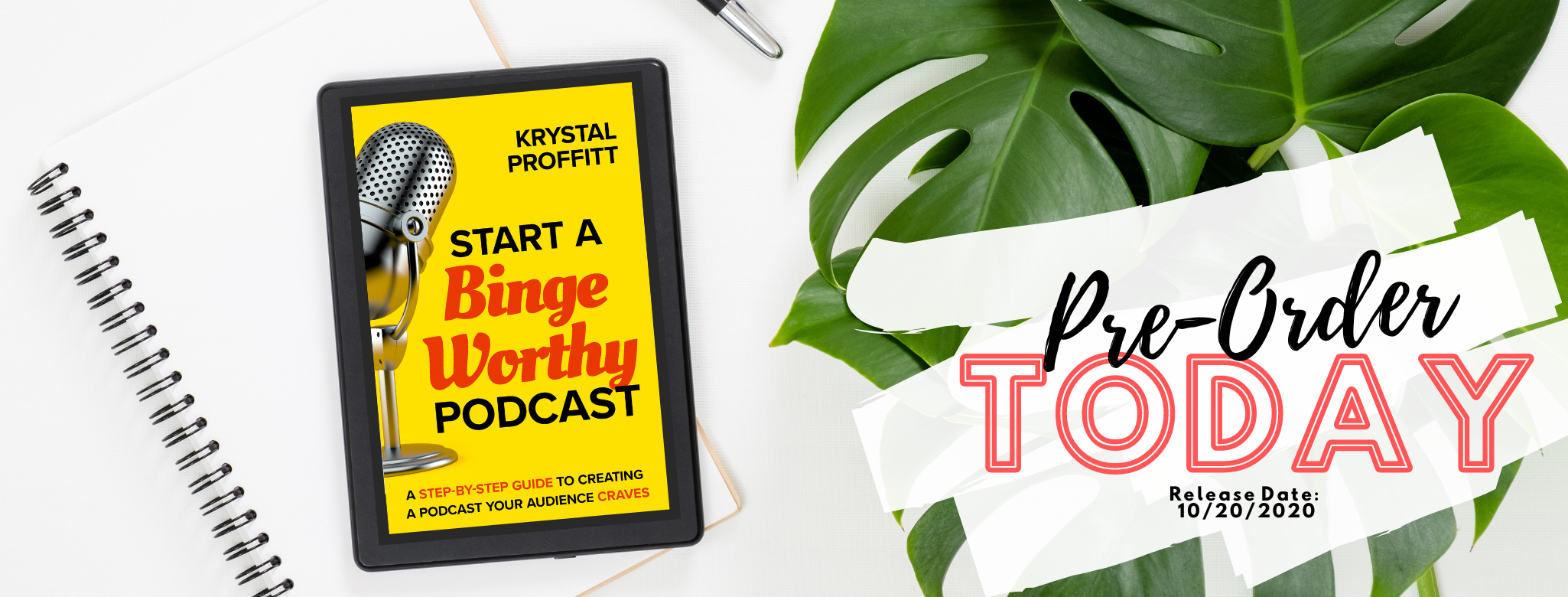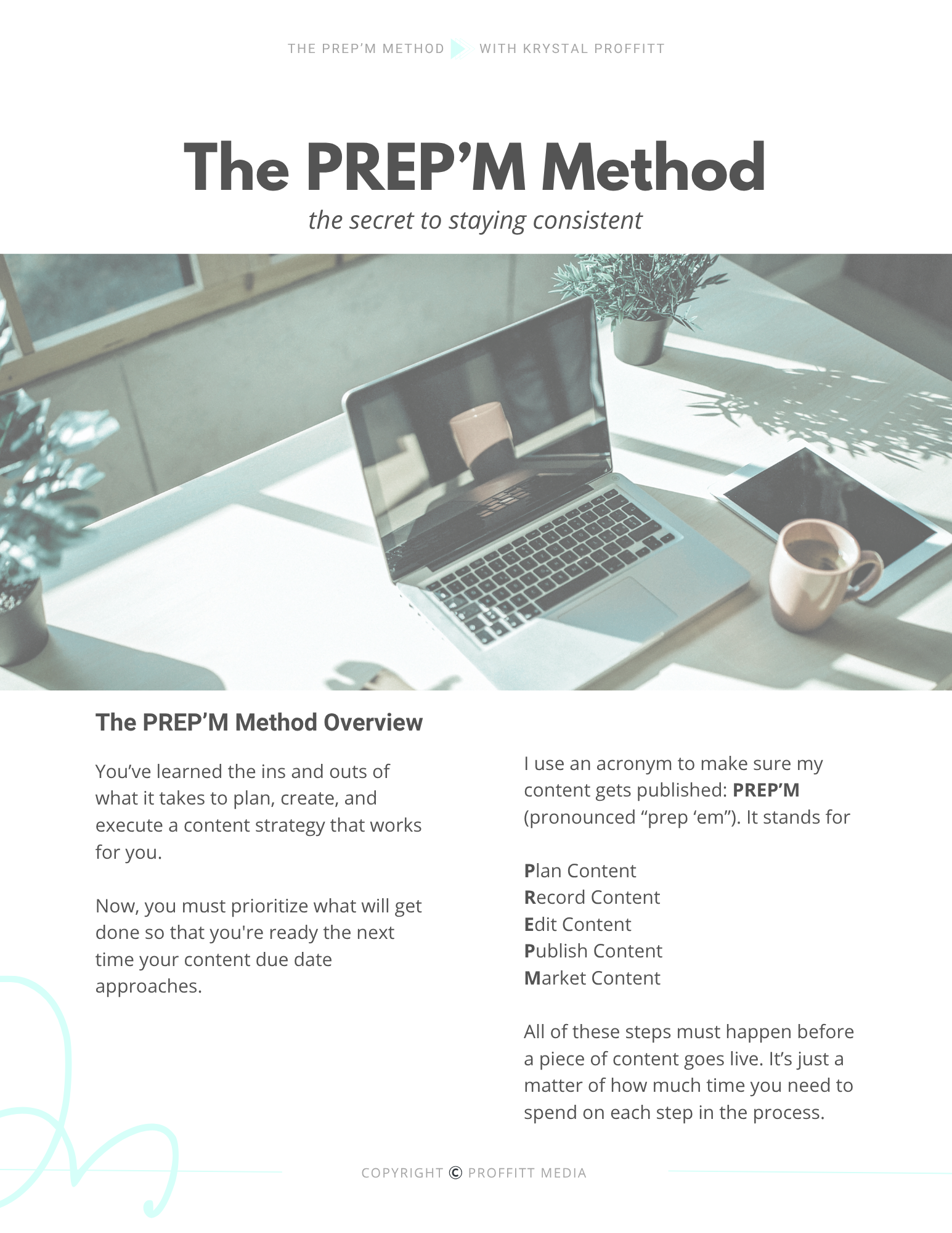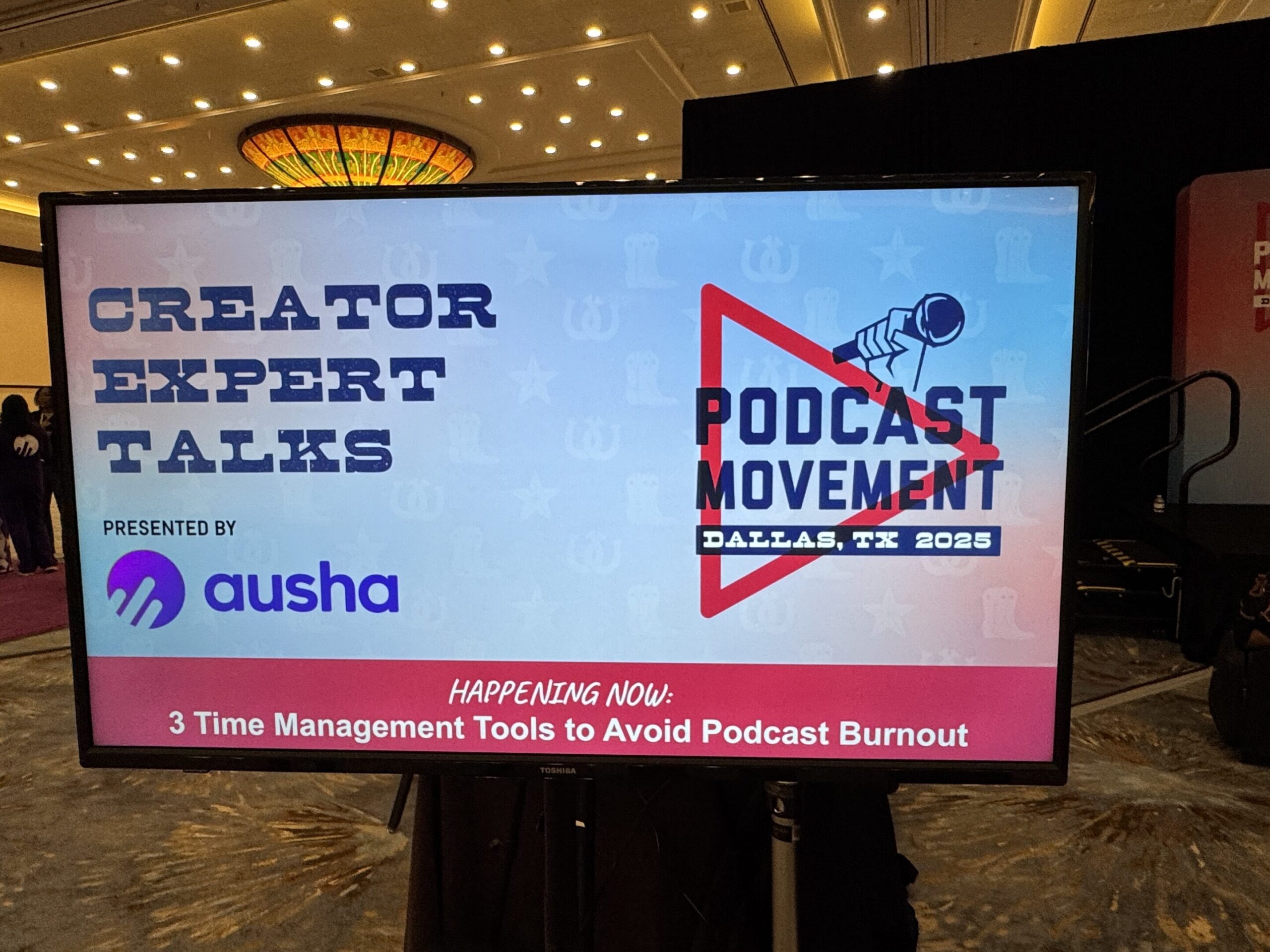WHAT’S THIS EPISODE ABOUT?
How it All Began…
Back in the day, around 2012-2013, I was at my corporate job in downtown Dallas working hard at my data entry job. I’ll admit, I knew I wasn’t really cut out for mindless data input, but there was one thing that helped me get through the day…Dave Ramsey!
My friend at work, Geneva, had told me about this program her parents were doing to get out of debt – Financial Peace University – and I was intrigued.
So, I did what anyone does. I Googled him.
As it turns out, he actually had a radio show that I could listen to directly on my computer while I was entering numbers in spreadsheets and databases all day. From that day on, I popped in my earbuds every day at work and started listening to his show. And let me tell ya, there were archives of hundreds of radio shows, videos, and all kinds of ways to consume Dave’s content.
But what does this have to do with podcasting?
Well, Dave was one of the first podcasts I started listening to when I became an avid podcast listener back in the day. And I’ve learned 5 important principles that apply directly to podcasting. Allow me to share those with you now!
1. Always Put Yourself on a Budget!
My husband, Seth, and I did Dave’s program Finance Peace University back in 2014. And it was just the right time for us to get our finances in order. I started staying at home with our boys and we took a hit from losing my income.
We could go into all things business and money another day, but if I hadn’t learned how to budget really well before I started my business I think I would’ve bankrupted this business easily in the first year!
Apply it to your podcast…
So it might sound out of the ordinary to link this to podcasting, but I want to you think in terms of different kinds of budgets you can apply to your podcast: money budget, time budget, and content budget! You can only do so much with what you have.
2. Consistency is Key!
Dave’s been helping people with their finances since the early ‘90s and he’s had a radio show of some kind since 1992. That’s almost 30 years of talking about finances and creating content.
**You can check out the Dave Ramsey Company History here.
And during that time, Dave has established himself as an expert in his field that many people turn to in times of needing financial guidance. (I know have, multiple times!)
How it applies to podcasting…
You’ve heard me say it before, but I’ll say it again…you’ve gotta be consistent with your show. If you want to be the go-to expert in your industry or the person your audience turns to, you’ve got to show up on a regular basis.
3. Always Be Yourself
Dave Ramsey is kinda known for his abrasive way of telling people the truth. He’ll often tell people that call into his show that they’re making dumb decisions or investing in something they couldn’t afford was a very stupid choice! It’s definitely tough love at its finest!
Not everyone responds well to that kind of teaching.
Some people call Dave “way too harsh” and others say “he’s just mean”. But the real truth is that Dave is just being himself. He doesn’t care if someone is offended by his tough love because he cares more about them having their finances together than being their best friend. (He’d tell you that himself!)
How it applies to you and your podcast…
Some people will love you. Some people will hate you. But it’s absolutely worth showing your true self behind the mic.
Have You Pre-Ordered
Your Copy?
4. Ask Yourself, “How Can I Make My Audience Want to Participate?”
I’ve always been impressed by the Ramsey organization and the things they’ve accomplished. But even more so is how well they are in getting their audience to participate with whatever they’re doing.
Some of the ways Dave’s audience actively participates with them are:
- Debt Free screams
- Call-in radio shows
- Live events
- Book Signings
- Visit their office
- Listen to their other podcasts by Ramsey Personalities
How this applies to podcasting…
Could you create a community that does similar things? Are there ways you can get your audience involved with your podcast and content you create? Here are a few ideas to explore how you can create a community where people who are interested in your podcast topic can come together:
- Facebook Group
- Podcast Membership
- Another type of online community
5. Keep Trying New Things
Dave Ramsey didn’t just stay on the radio for 30 years because he felt comfortable there. Sure, it was what he knew. But he eventually branched out to other markets, platforms, and even niched down into specific topics within finances. He started having a live broadcast show where you can watch videos of all his calls and it’s like a talk radio tv show. I’m sure things have drastically changed since he got his start back in the ’90s.
How this applies to you and your podcast…
Don’t be afraid to switch things up. Be open to the idea of exploring new formats for your podcast. Freshen your show up with a new logo if you don’t think your current one reflects your brand. Try out some new music if you feel your current tunes are a little stale.
But at the end of the day, don’t be afraid to keep exploring new things.
What Can You Learn From Your Mentors?
I love taking an old idea and giving it a fresh perspective. So I’d encourage you to look at your mentors and what they’ve taught you.
How can you apply those thoughts and concepts to your podcast? Can you add them in as fresh content? Can you dig deeper into one specific idea?
But always keep learning and growing.
RECAP: Dave Ramsey and Podcasting: 5 Things He’s Taught Me
- Always Put Yourself on a Budget
- Consistency is Key
- Always Be Yourself
- Ask Yourself, “How can I make my audience want to participate?”
- Keep Trying New Things
Links Mentioned in This Episode:
- TheBestPodcastBook.com
- Facebook Group for Podcast Book Launch Team
- The Ultimate Podcast Checklist
- 9 Ways to Brainstorm Podcast Ideas
- The Poddy Report
- 500+ Podcast Ideas for Any Industry
- Proffitt Podcast Online Community Facebook Group
- Proffitt Podcasting Course
- Podcast YouTube Channel
- 5-Day Podcast Bootcamp





Comments +